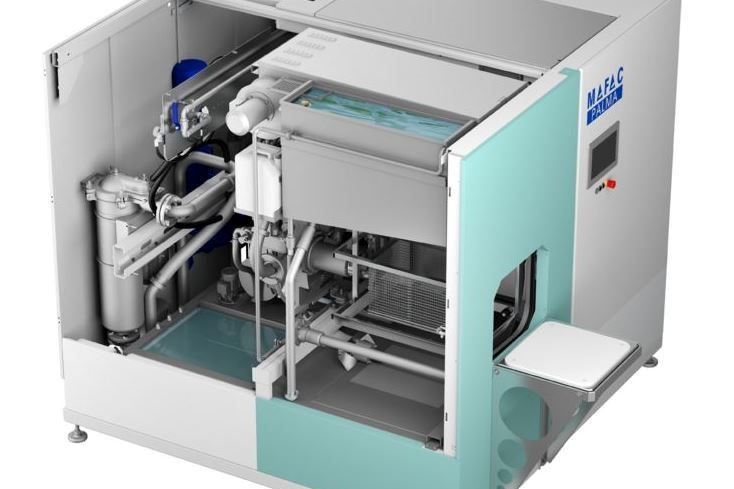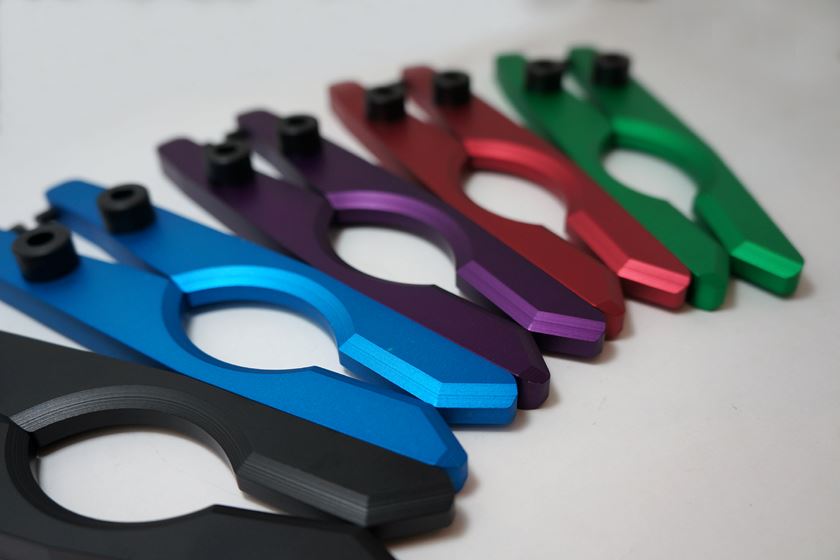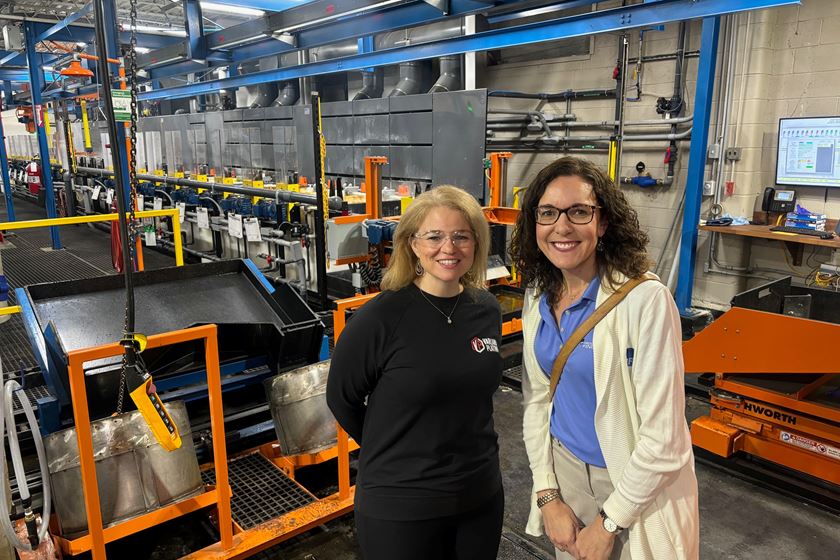ASTM Test Comparison
What is the difference between ASTM B136-84 and B-136-77 for the Modified Dye Stain Test?
#regulation
Q. What is the difference between ASTM B136-84 and B-136-77 for the Modified Dye Stain Test? What effect would the concentration of the nitric acid solution have on the test results? What does ASTM B-136-84 list as the correct nitric acid concentration? D.B.
RELATED CONTENT
-
Smut and Desmutting
Question: I am new to this industry and have heard about smut and desmutting operations.
-
Anodizing for Bonding Applications in Aerospace
Anodizing for pre-prep bonding bridges the gap between metallic and composite worlds, as it provides a superior surface in many applications on aluminum components for bonding to these composites.
-
Fixing Corrosion Between Anodized Aluminum and Steel
Anne Deacon Juhl, Ph.D., with AluConsult, says Galvanic corrosion is due to an electrical contact with a more noble metal or a nonmetallic conductor in a conductive environment.
















